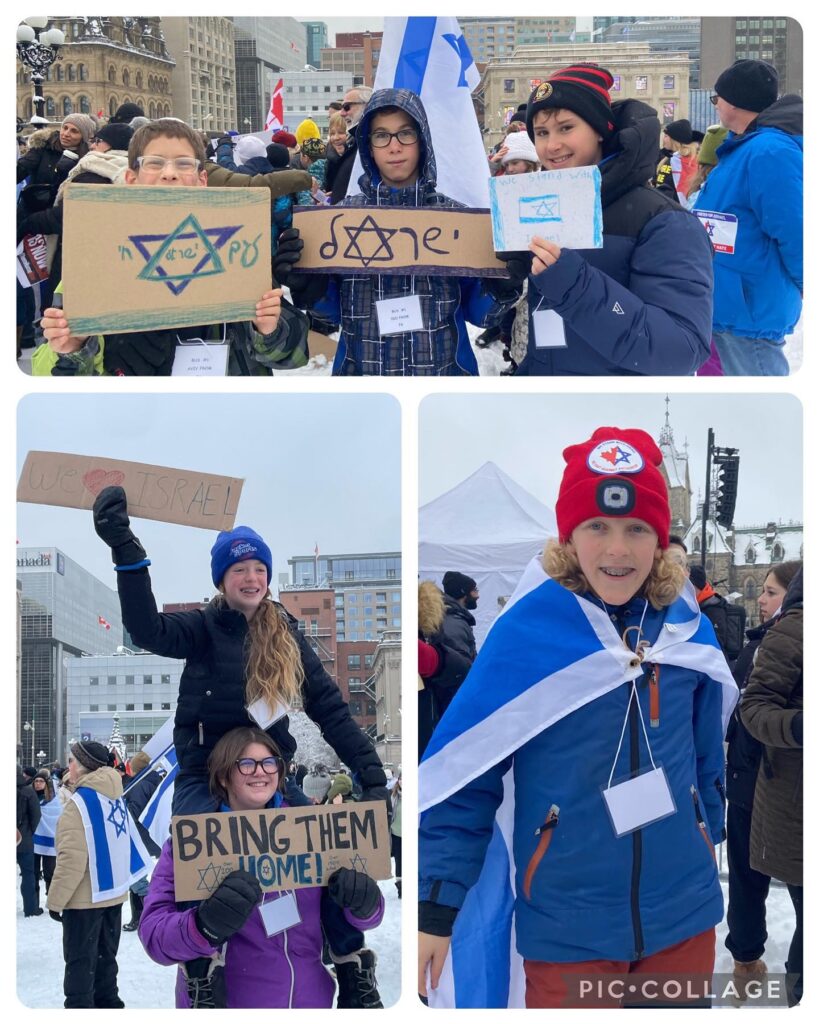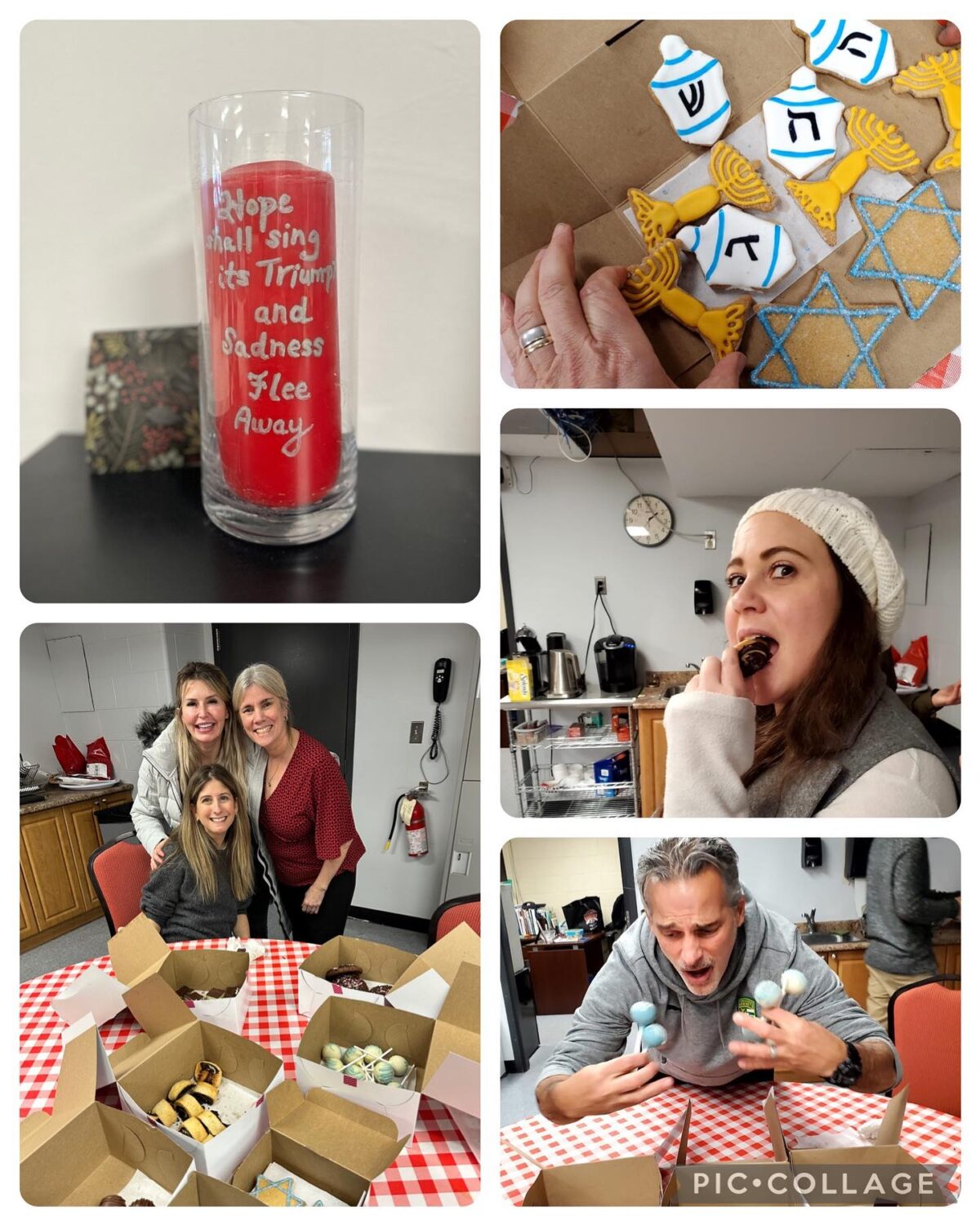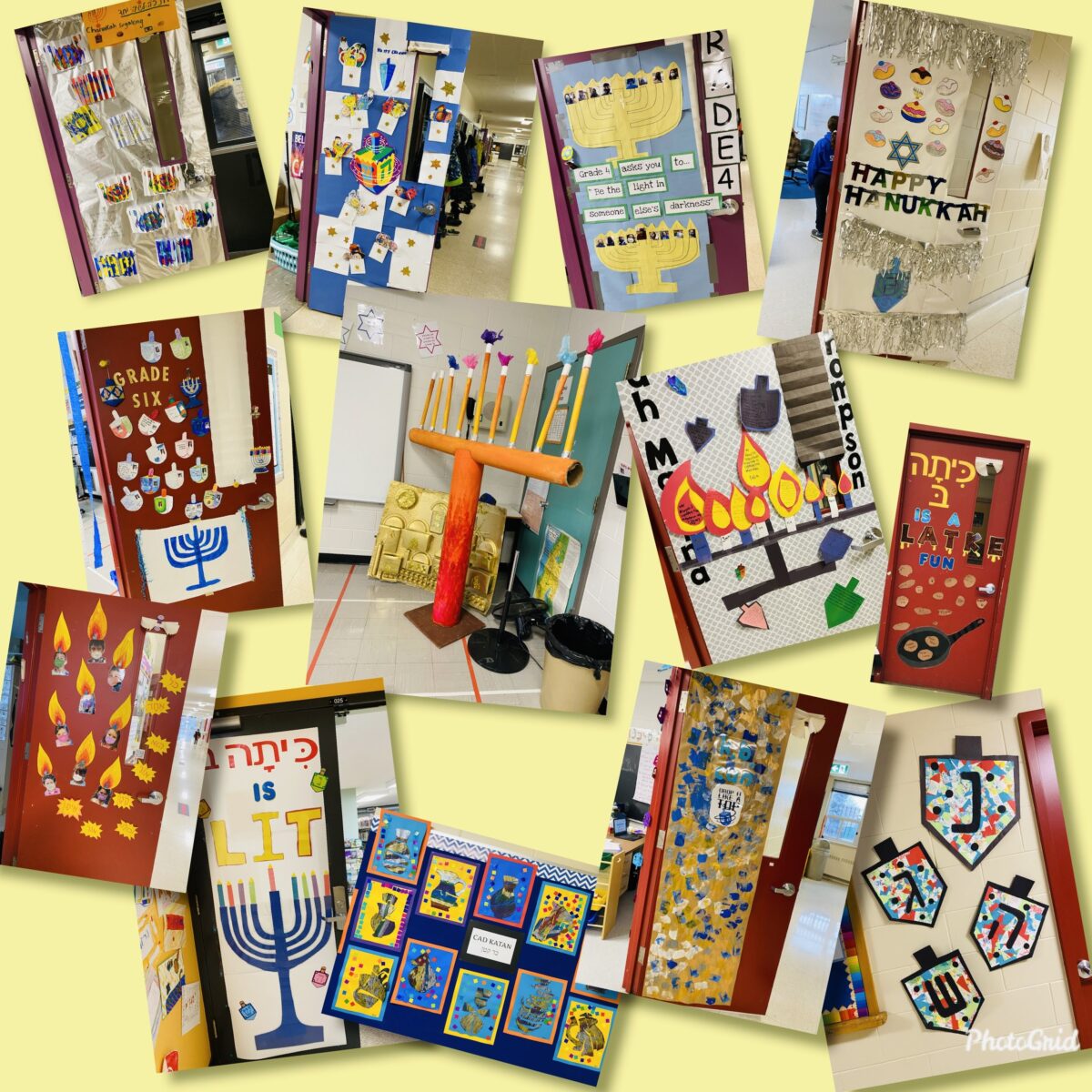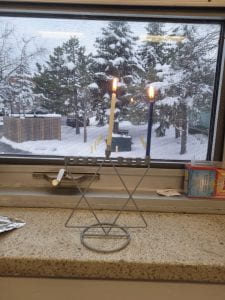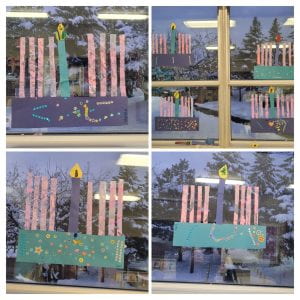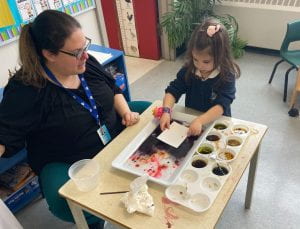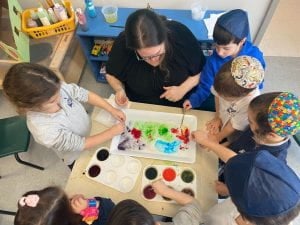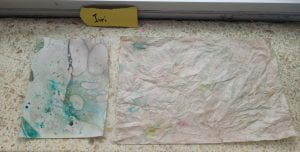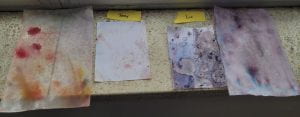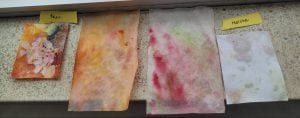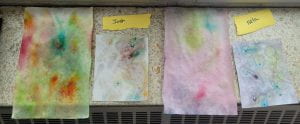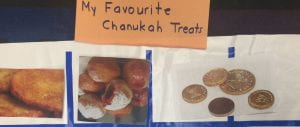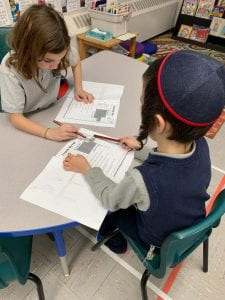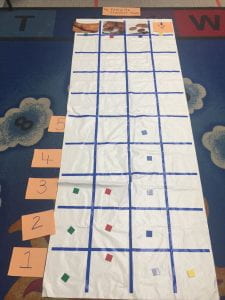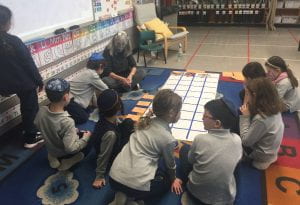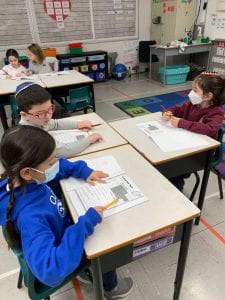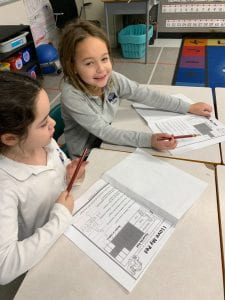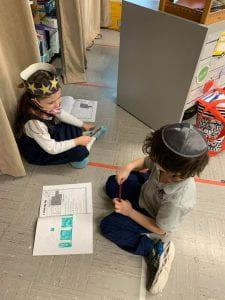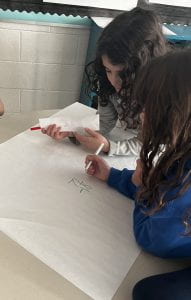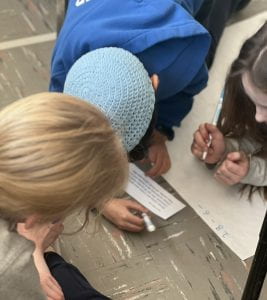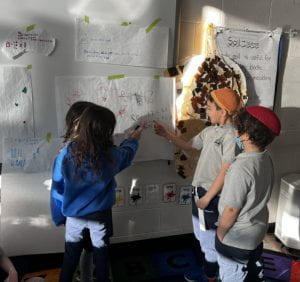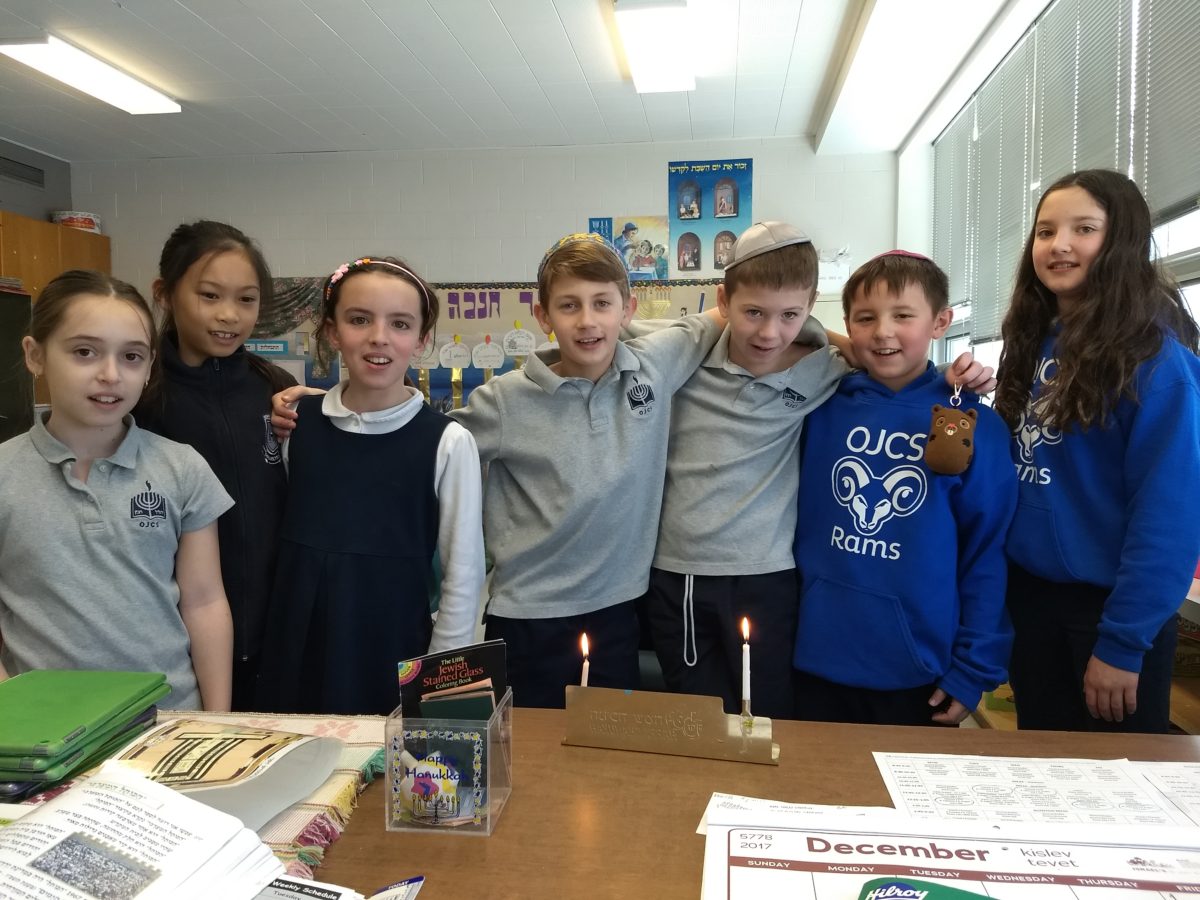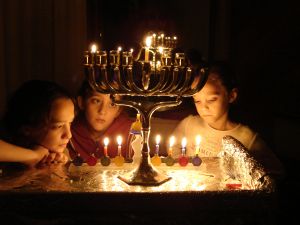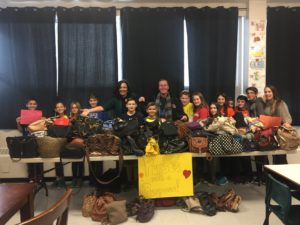It is sometimes difficult to find new ground to tread – especially when it comes to the Jewish Holidays. There are some holidays (like Sukkot and Passover) where I kinda recycle/upgrade the same basic idea each year. [Like this and this.] There are some holidays (like Yom Kippur) where I take a basic premise or prompt and respond differently each year. [Like this.] And then there are those holidays, like Chanukah, where I kinda do a bit both, and perhaps not so artfully. Like this.
This year, I want to do something different. It will be something borrowed and something new. To the degree that Chanukah is a re(dedication); to the degree that the lights of the chanukiah are intended to serve as a public statement and an inspiration; and because the season tends to encourage a sense of gratitude, I am going to dedicate my annual Chanukah Blog Post to eight lights – either people, places or ideas – that have inspired me as a person and as a professional. By doing so, I hope to shine a light of thankfulness upon them and to light a light under me to try harder and be better. If the idea speaks to you, pick a night (or pick all eight) and identify those lights who have lit your path, and figure out a way that makes sense to you, to honor and celebrate those people and ideas who inspire you.
Night #1
I dedicate the first night to my father of blessed memory, Michael Mitzmacher. It will be ten years this summer since he has passed and it only gets better and worse each year. To learn more about my father and how his legacy has shaped and continues to shape me, please check out this blog post that I published in September of 2015 where I reflect with a little distance on his passing: Remembering My Dad.
Night #2
I dedicate the second night to my first professional mentor and role model in the field of Jewish Education, Dr. David Ackerman. We have not been in touch for quite a while, but it doesn’t diminish the impact he made on my life and my career. I don’t wear a bow-tie, but I do go by “Doc”. To learn more about the original Doc, perhaps more than you (or he!) would want to know, you can revisit this blog post from April 2011: Mentor in a Speedo.
Night #3
This night I seek to remember the life and legacy of Esther Ohayon Z”l and to revel in the strength and courage of her daughter, Orly, who survived the car crash that claimed her mother. Esther was Maytal’s teacher in Preschool and Orly is a graduate of the Martin J. Gottlieb Day School (MJGDS) where I served as Head from 2010-2014. This was one of the hardest things to write about and one of the most meaningful. I think about Orly often (not that I have told her) when I think about what it means to not only survive a tragedy, but to find a way to thrive in its aftermath. I published A Sukkah for Orly in September 2013.
Night #4
I dedicate this night to the selfless and humble example of Samuel and Esther Galinsky, names you will not recognize unless you live in Jacksonville, Florida, but a story that I hope will stick. Here is a brief snippet about them from a larger speech I gave at the celebration of the fiftieth anniversary of MJGDS:
“Samuel and Esther Galinsky were, by all accounts, modest and unassuming members of our synagogue. They participated in synagogue life and were respected members of the congregation. They cared about Jewish education, but had no children of their own. They were, in many ways, like any other couple. When they died, their friends mourned their passing. And that should be the end of the story. But it isn’t. Because this ordinary couple did something extraordinary. With no fanfare and no notice, Samuel and Esther Galinsky left the Jacksonville Jewish Center amongst the most significant gifts it has ever received – $3 million. And it was given for one purpose – this childless couple gave their fortune to ensure that Jewish children would be able to have a Jewish education. Has there ever been a more selfless gift? Have any people ever more embodied the idea of L’dor V’dor?”
Let their memory serve as an example to us all…
Night #5
This is a night to celebrate the light that lights all our schools…our teachers. A school is only as good as its teachers and good teachers feeling good about teaching is the best recipe. I think for many parents, schooling during COVID opened up a lot of eyes to how amazing our teachers are and so, here, I’d like to revisit my plea to honor and celebrate those who dedicate their lives to the sacred and holy task of educating children by asking that you read If You Really Want to Appreciate Teachers, Give Them the Benefit of the Doubt, which was published in May of 2020.
Night #6
This one will be a bit of a leap, but on this night I want to think about Killer Mike. I am a bit leery linking my January 2016 post called, Praying With Your Legs in 2016: What JDS Can Learn From Killer Mike, because re-reading it in 2022, I am not sure that I love everything that I had to say. But the money quote, the thing that I want to remember on the Sixth Night of Chanukah is,
…the second takeaway – and the one that has more applicability to Jewish day school – is Killer Mike’s proscription for how to best support underserved communities. He lays out a vision of empathy which can only be achieved through relationship. This requires us to leave our comfort zones and engage with the wider world. In Killer Mike’s context he is talking essentially about white, middle-class folk, but in it I heard echoes of a common concern families have about the ghettoization of Jewish day schools, their lack of racial diversity and the impact it has on children who will need to live, work and contribute to a multicultural world.
To make a difference in the world, I want to rededicate myself to the idea that I need to do more than engage in hashtag activism; I need to engage with people and communities outside my own.
Night #7
For night seven, I cast my eyes southward – not just south of the border, but to the actual South. As we enter our sixth year in Ottawa, I am reminded that we will soon have lived longer in Ottawa than any other place we have ever lived. It will beat out the seven years we lived in Jacksonville, Florida. For this night, I want to reflect on what made living in that community so special and reflect back that light to build upon what makes living here special as well. So there is salty taste of southern hospitality to be found in L’hitraot Y’all: A Farewell to Seven Years of SaltLife published in June of 2017.
Night #8
Chanukah is about miracles. So I will close out this holiday by reflecting on The Disruptive Miracle of Silvia Tolisano, which I wrote – in shock and tears – in March of 2021. I still cannot believe she’s gone.

Hopefully, your family is planning on joining our OJCS Family in this triumphant return to an actual, in-person Annual Chanukah Family Program on Tuesday, December 20th at 6:30 PM in the Gym!
Chag urim sameach from my family to yours!
